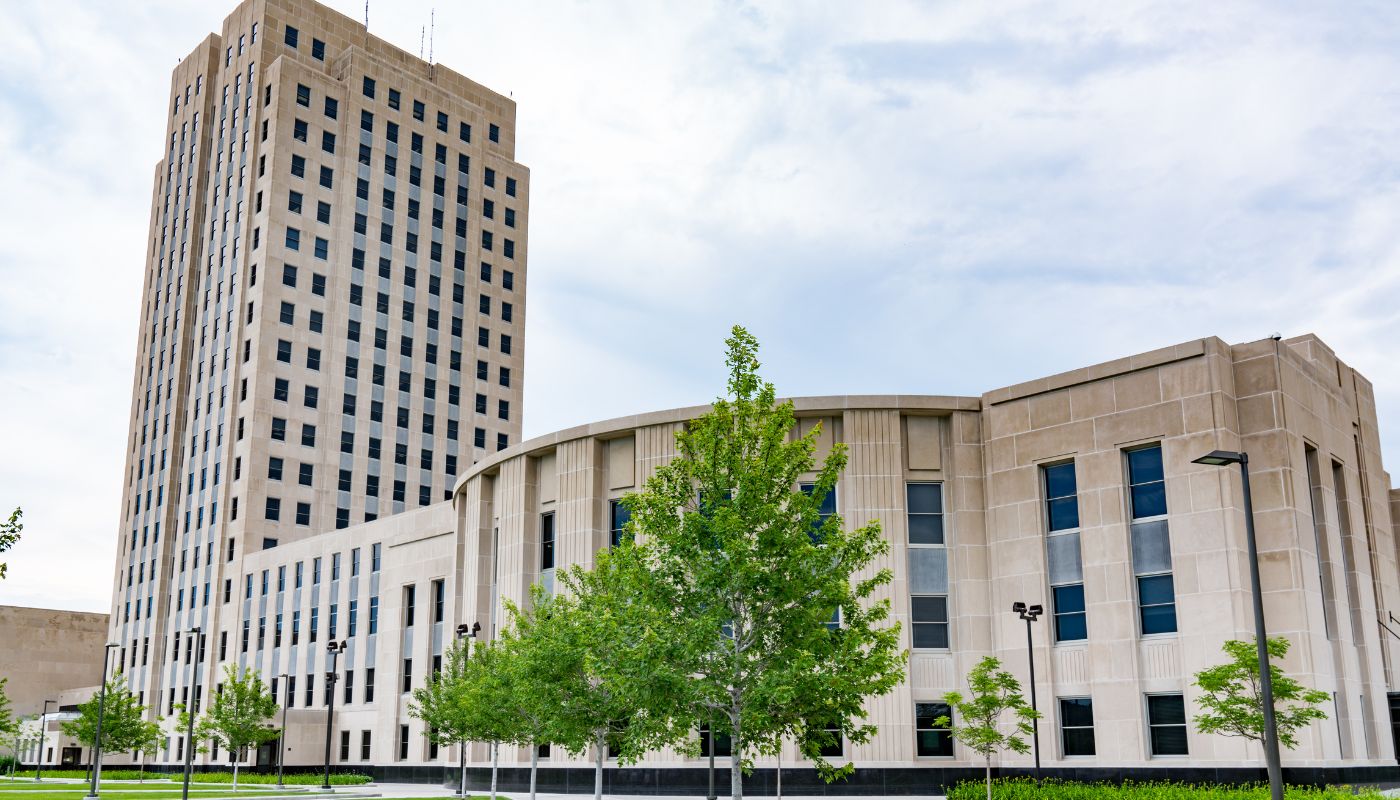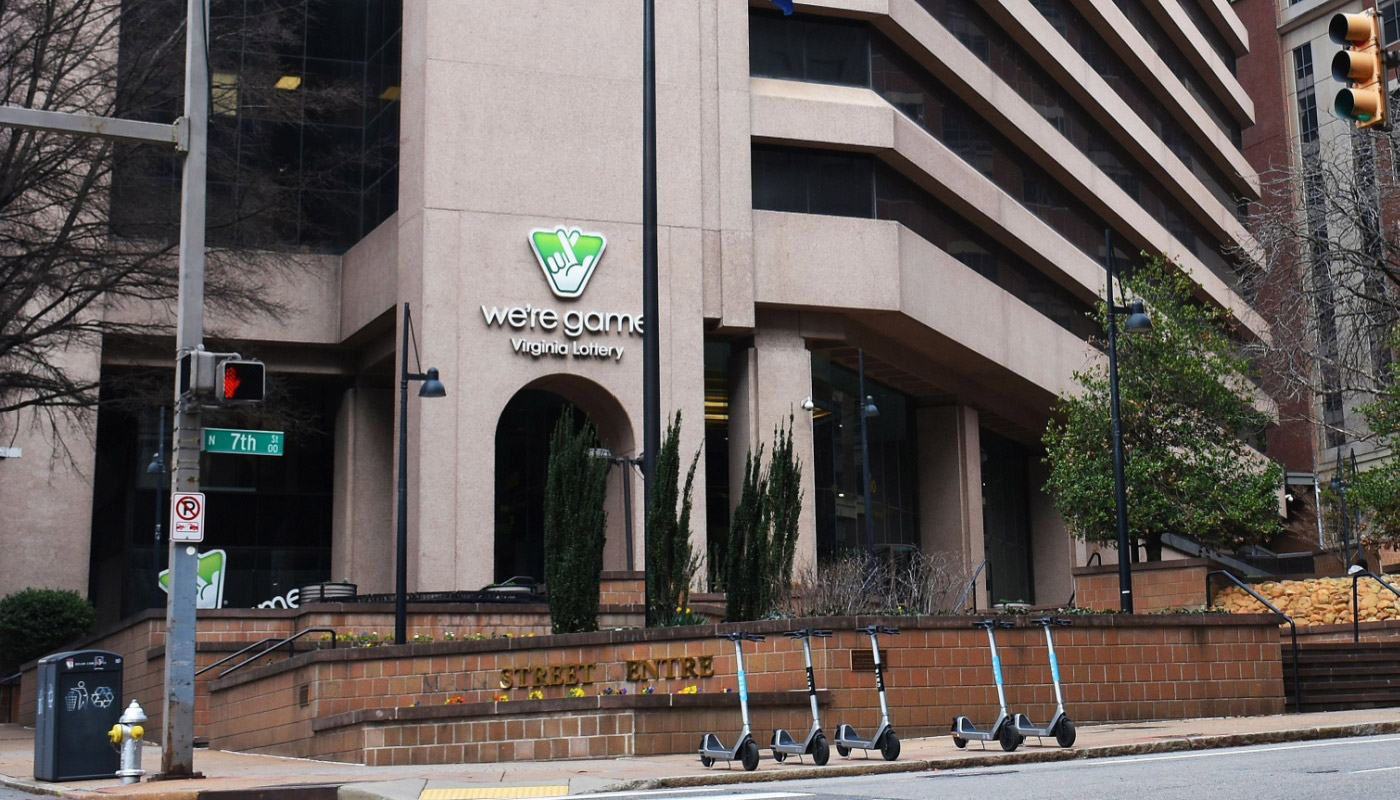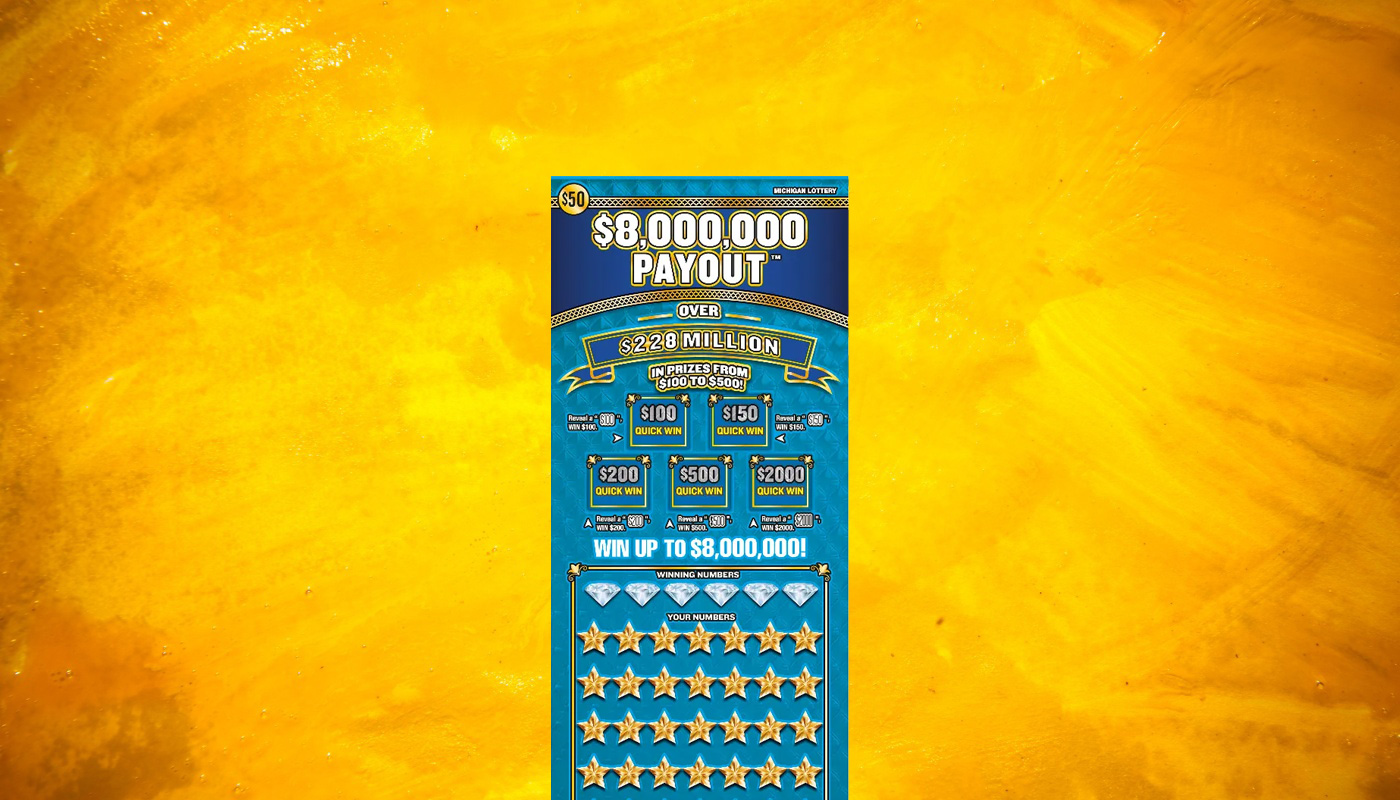
News writer
North Dakota lawmakers are gambling on a big change to the state's gaming oversight — but not everyone's betting on it being a good idea. A newly proposed bill aims to do away with the Gaming Commission, shifting full regulatory power to the Attorney General's Office.
Supporters say it's a way to cut red tape. However, critics warn it could stack the deck in favor of unchecked authority.
Senate Bill 2224
This new Senate bill, SB 2224, looks to streamline the gambling regulation process by eliminating the state Gaming Commission. While state legislators questioned what benefit the Commission provides, the gambling industry warned the bill would remove key checks on the attorney general's power.
For those unfamiliar, the Gaming Commission is an independent entity whose members are appointed by the governor. They act as an added buffer between the Attorney General's Office and the Administrative Rules Committee, which is composed of legislators.
Sen. Janne Myrdal, a Republican from Edinburg, is the primary sponsor of the bill and said during committee hearings:
Gov. Armstrong mentioned all the boards and commissions and things that we have in our state and how we need to look at which ones are pivotal for the functioning of our government and which ones are not.
Myrdal said other entities felt like the duties of this commission could be eliminated in the gaming industry.
What is the current flow of gambling regulation?
Currently, the flow of gambling regulation starts with the Attorney General's Office in North Dakota. This office crafts administrative rules regulating the gambling industry.
If there are any proposed rules changes out here, they must be looked at by the Gaming Commission, which either approves or denies the rule change and then they send it back to the Attorney General's Office. From there, the Attorney General's Office sends the proposed rule changes to the Administrative Rules Committee where the changes are finalized and adopted.
Situations could arise with this change
North Dakota Director of Charitable Gaming Deb McDaniel said the removal of the Gaming Commission would not impact the amount of work the state Attorney General's Office is responsible for. McDaniel went on to say that the Commission can create some situations that hinder her office.
The Gaming Commission must meet and approve rules from the Attorney General's Office. All five commissioners must be present at these meetings. The last time all five commissioners were able to meet at the same time was January 1, 2023.
There has been at least one vacancy on the Commission during that time and there are currently two vacancies for the governor to fill. Until that happens, McDaniel will be stuck in limbo and unable to make administrative rule changes to regulate the gambling industry.
No checks and balances
While state legislators and leaders seem to think eliminating the Gaming Commission would not cause any issues, members of the gambling industry said the Commission provides a beneficial check on the attorney general's power to govern the industry. That check would be gone with no Gaming Commission in place.
Scott Meske, a lobbyist for the North Dakota Gaming Alliance, said:
Our founders knew that it would be a bad idea to give too much power to one single body. That's kind of what Senate Bill 2224 does: giving 100% of the oversight and regulation to one office. We think the attorney general has done a fine job in overall regulating this industry as it's grown, changed and morphed over the past few years. But taking away this level of checks and balances is — just sets a very precarious precedent.
McDaniel argued that any rule changes approved by the Attorney General's Office would still need to be finalized by the Administrative Rules Committee. This would allow for the proper checks and balances to remain in place.
Senate approves bill
After passing through the Senate Judiciary Committee on a 4-3 vote, the full Senate voted for Senate Bill 2224 recently and approved it in a 25-21 vote. What does that mean for the fate of this bill?
Now the bill heads to the North Dakota House for approval. If they approve the bill, it then will head to the governor's office to be signed into law. From there, the North Dakota Attorney General's Office would take on the authority to regulate gambling activities across the state.
Enjoy playing the North Dakota Lottery, and please remember to play responsibly.





















Comments